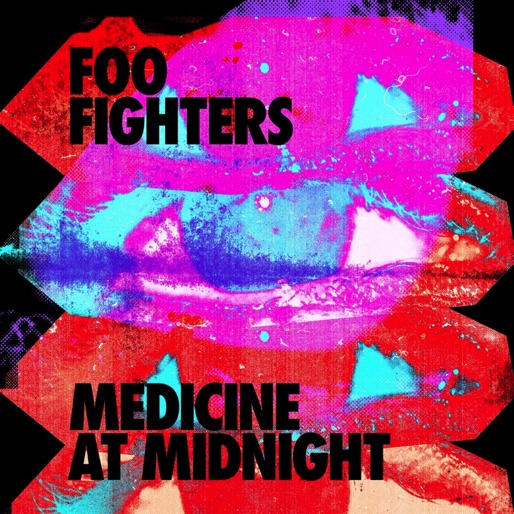Three decades into an illustrious career, Foo Fighters have made it clear that the consummate musicianship synonymous with their catalogue is well-deserved. The band’s chemistry has always been explosive and disarmingly clever; Dave Grohl maneuvers projects with the kind of cinematic dexterity his contemporaries wish they could execute. And as expected, the biggest Foo Fighters hits have consistently showcased this.
“Everlong” entranced listeners with its gentle undertones combined with whirlwind percussion. “Times Like These” basks in its lyrical simplicity and sincerity. Primordial yowling makes “Best of You” a spine-tingling thrill ride championing resilience and strength. The punk-rock aggressiveness that saturates “White Limo” is intense and downright maniacal, while “The Sky is a Neighborhood” captivates with its wistful harmonies and bluesy atmosphere.
The band’s 2014 HBO documentary miniseries Sonic Highways (which commemorated their 20-year anniversary and eighth studio album of the same name) provided a level of intimacy we are rarely privy to. Their 2015 “Break a Leg” tour was a testament to how seriously Foo Fighters take their craft despite the unforeseen obstacles—like Grohl’s fall from a stadium stage in Sweden—that were thrown their way.
Grohl’s 2018 two-part mini documentary Play zeroed in on his multifaceted nature (he plays seven different instruments live during his 23-minute song) as he expresses his never-ending quest to further his lifelong passion. The group’s 10th album, Medicine at Midnight, is not so much an attempt at reinvention as it is a powerful love letter to their artistry.
“Making a Fire” is soaked in sparse, airy melodies that make for a sunny and whimsical introductory track. Grohl’s 14-year-old daughter, Violet, provides a confectionary “na-na-na” refrain that amplifies its merriment. “Shame Shame,” which the band debuted on Saturday Night Live back in November, is auspicious in its theatrical buildups and softer vocals that escalate halfway through. It oddly feels reminiscent of older gems from the Foo Fighters arsenal (the rousing tension found on “All My Life,” for example) while simultaneously being unlike anything we’ve heard before.
“Shame Shame” is crafty, it’s cunning and it encapsulates just how irresistible Grohl can be when he positions his subconscious as an insurmountable antagonist: “If you want to / I’ll be the one, be the tongue that will swallow you.” Another one of the best moments on Medicine at Midnight is “Waiting on a War,” which finds the frontman lost in his own despondent thoughts; solemn acoustic guitar chords later transform into a rumbling, ferocious outro.
The album’s title track is groovier than its name implies: Foo Fighters opted to trade in their raucous, rock ‘n’ roll sound for a more rhythmic vibe, and “Medicine at Midnight” contains just the right amount of bass, funk and sheen. “No Son of Mine” boldly dials up the metal while “Chasing Birds” leans into the slower swoon of ‘60s pop-rock melodies (with which the group effortlessly dazzles). “Love Dies Young” ends things on a high note with galvanizing riffs and a sublime chorus.
At a brief 36 minutes long, Medicine at Midnight is a solid addition to a discography that raises the bar for what it means to be a rock act that seamlessly evolves with the times. It also exemplifies how the group isn’t afraid to stretch their imaginations whenever the mood strikes them. Their 1995 self-titled debut album was a creative and feverish exploration from young musicians eager to make a name for themselves in the rock world. Nine albums and 25 years later, it’s become abundantly evident that Foo Fighters aren’t competing with anyone or anything but themselves.
Candace McDuffie is a culture writer whose work has appeared in outlets like Rolling Stone, MTV, NBC News, and Entertainment Weekly. You can follow her on Instagram @candace.mcduffie.




